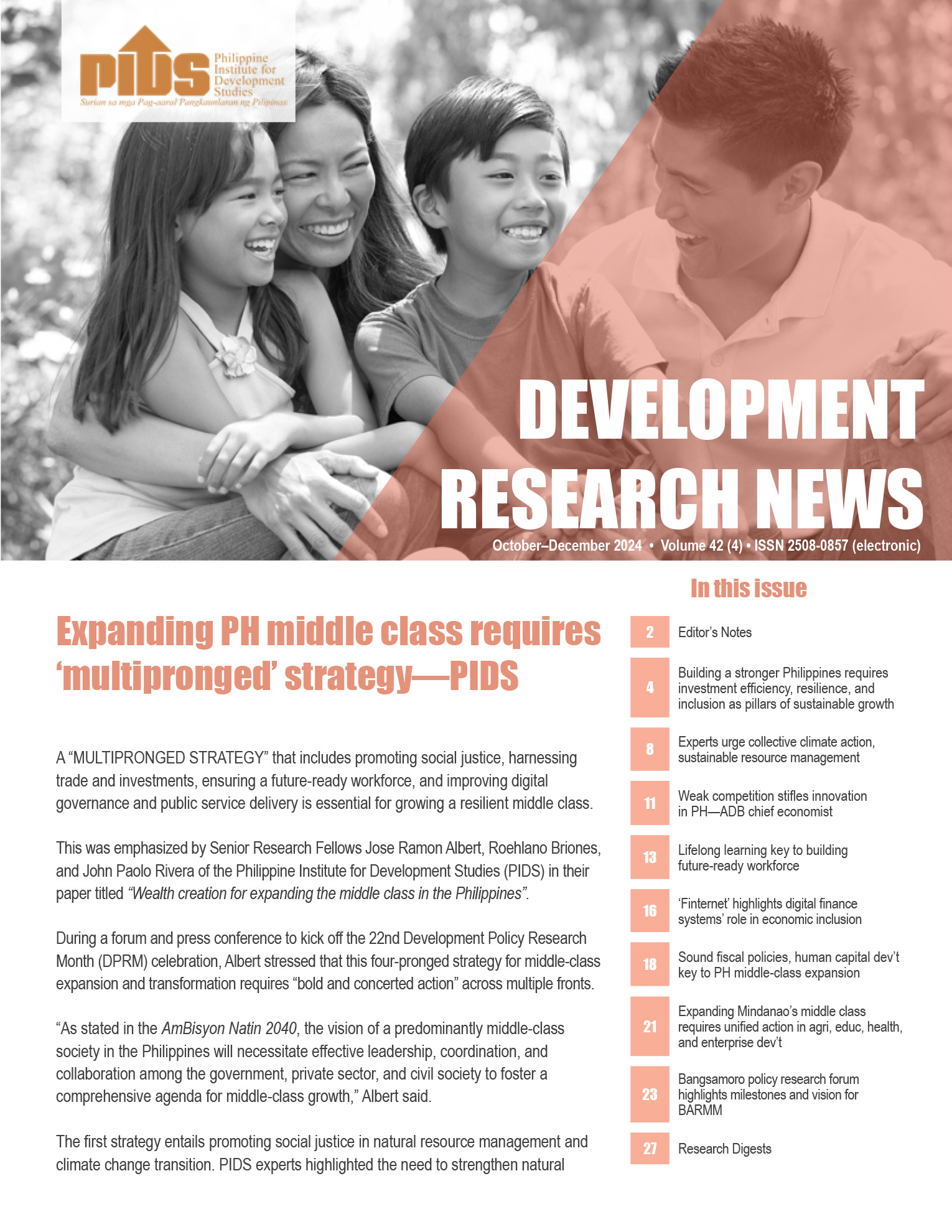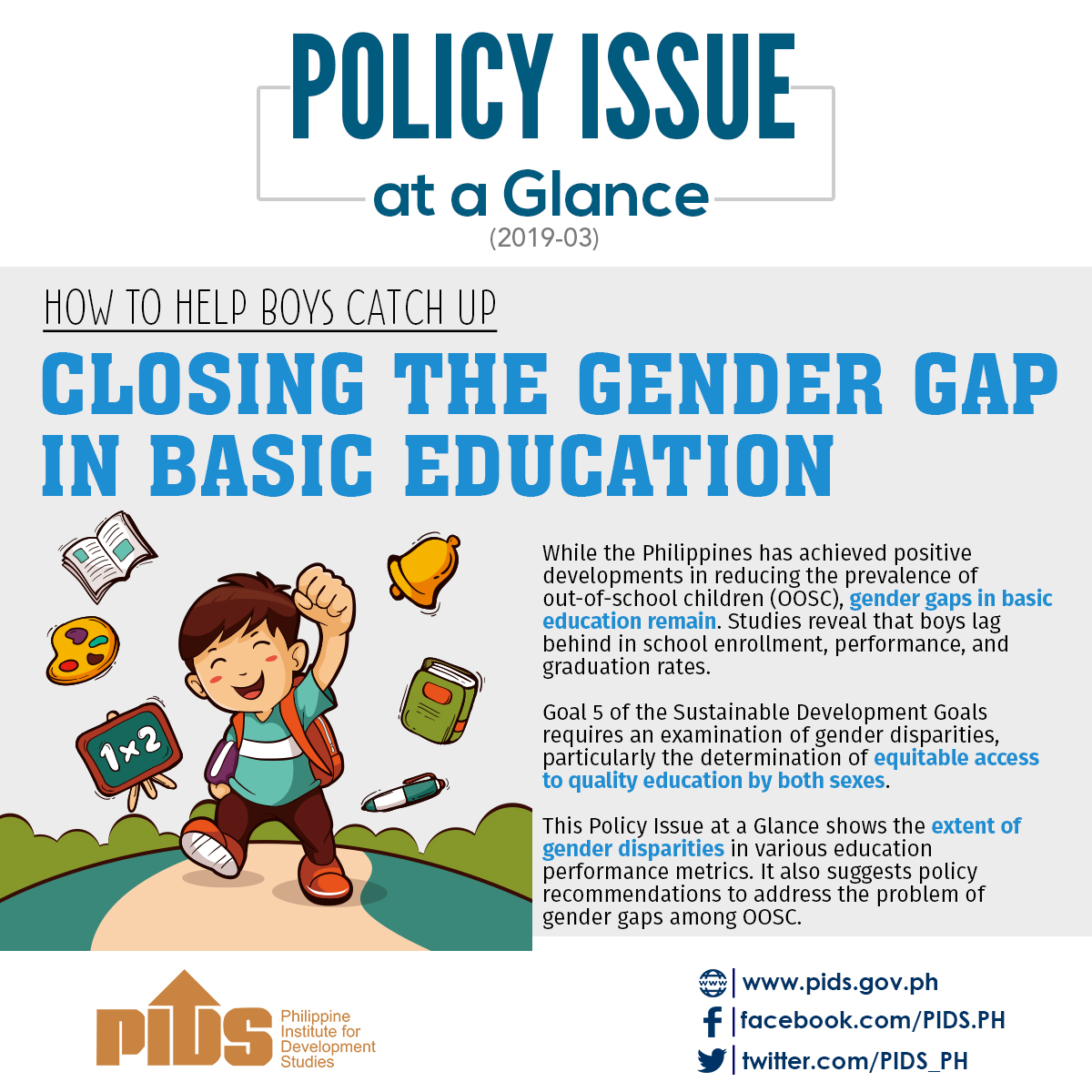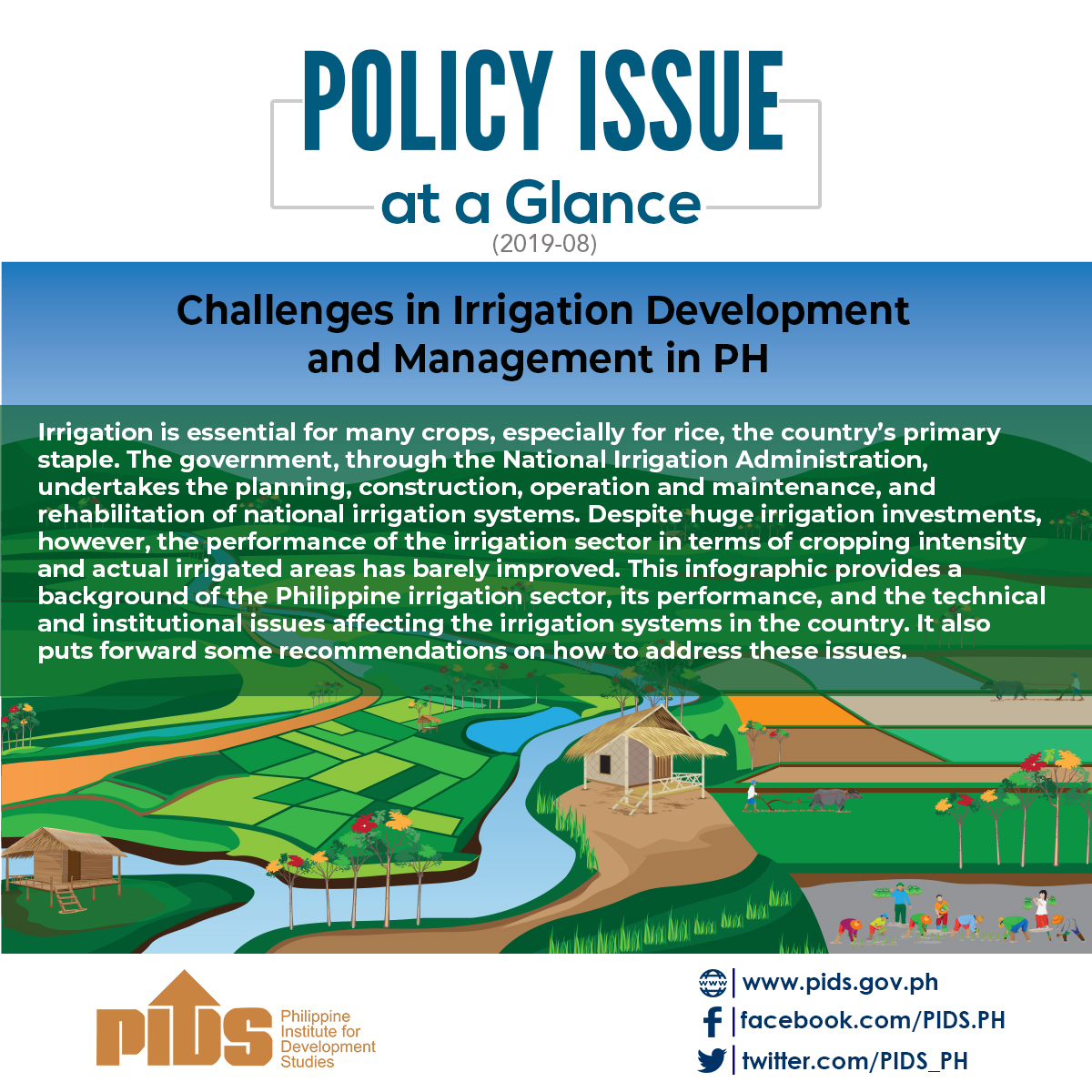Philippine made cocoa, furniture and plywood are just among the few products that could lose the battle against imported products once the Asean Economic Community (AEC) takes effect in January 1, 2016.
At the sidelines of the Tapatan sa Aristocrat forum on jobless growth on Monday, Philippine Institute for Development Studies (PIDS) President Gilbert Llanto said while not all Philippine industries are in danger of becoming losers in the AEC, there are some that are at risk of becoming losers.
"Generally speaking, may sektor na handa at meron ding sektor na nahihirapan o kailangan ng adjustment [Generally speaking, there are sectors that are ready and there are sectors that are experiencing difficulties or need adjustment],” Llanto said.
"The likely losers are those sectors which are losing or have lost their comparative advantage,” he added.
In a list e-mailed to the BusinessMirror by Llanto on Monday showed that products that are losing competitiveness include forest products such as veneers and plywood, as well as tropical agriculture products such as sugars, molasses, honey and cocoa.
The list also included animal products such as fish (fresh, chilled, frozen) and animal and vegetable fats as well as labor-intensive products such as pottery, furniture, bags, clothing accessories, footwear and toys.
However, there are products that have potentials to become competitive. The list includes animal products such as milk and cream; cereal preparations and manufactured tobacco; labor-intensive products such as glass; and chemicals such as metal salts, inorganic acid, soap, cleaners and polish.
The potentially competitive list of products also include machinery, such as electric power machinery and parts, electric machinery apparatus, parts for tractors and motor vehicles, ship, boat, float structures, motorcycles, medical instruments, firearms and ammunitions.
Llanto said that to boost the competitiveness of these products, the government should invest in measures that would increase productivity in agriculture.
He said that for one, the government’s budget in the Department of Agriculture (DA) must not all be used to produce rice in a bid to attain self-sufficiency in the staple.
Llanto said that while investing in rice is necessary since it is the country’s food staple, the DA must also invest in High Value Crops and in the growth and development of more agribusinesses that produce final goods.
"I think the government, especially the DA, it has also to work with the private sector in making investments in so-called high value crops. If you look at the experience of Thai agriculture, they really made a killing, substantial net profits, from agribusiness,” Llanto said.
Are we ready for the AEC?
The International Labor Organization (ILO) and Llanto agreed that while the Philippines still had some way to go to fully comply with the AEC blueprint by December 2015, efforts are underway.
"Government is ready, it’s gearing up. It’s a process. You cannot just say you’re ready. Even as we speak, I think government, Secretaries, have been doing the rounds speaking to their counterparts, comparing regulations, comparing standards,” Llanto said.
Employers Confederation Assistant Treasurer Lucy Tarriela said the private sector is also gearing up and is in the process of completing their respective roadmaps to compete in a single Asean market by January 1, 2016.
Meanwhile, Ibon Foundation Inc. executive director Sonny Africa and Federation of Free Workers Assistant Vice President for Research and Communication Julius Cainglet said the Philippines is not ready for the AEC.
Africa said the country’s manufacturing sector is still weak and the agriculture sector is also on the decline. He added that the services sector, despite being the main driver of economic growth, has low value-adding.
Cainglet, who spoke on behalf of workers, said the labor sector is also not ready for the AEC. He said many unions were dissolved in the 1990s and workers have been given the shorter end of the stick since then.
However, Cainglet stressed that while the labor sector is not ready, Filipino workers, in general are resilient and this will allow the labor force and local industries to survive in the ASEAN single market.
"As it is right now, we’re not ready but our resilience will help us survive,” Cainglet said.//












